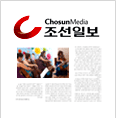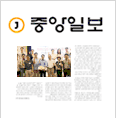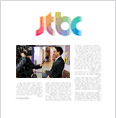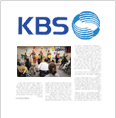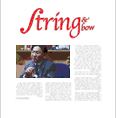

EnoB Music Education Program
EnoB Music Education Program launched in April, 2018 at Northside Center for Child Development in Harlem. We finished 10 week Children's Choir Class with 10 children from 6 to 11 years old in June 2018, and 8 week program in December 2018.
EnoB Music Education Program launched in April, 2018 at Northside Center for Child Development in Harlem. We finished 10 week Children's Choir Class with 10 children from 6 to 11 years old in June 2018, and 8 week program in December 2018.

EnoB has started its music education program with the William and Munja Ozolek Foundation this 2019. It teaches love with music through therapeutic and healing methods to underprivileged children (disabled, low-income families, etc.) who don't have a chance to learn music, and it helps them purify their emotions in order to develop their own self-confidence. Furthermore, when they grow up, the children are able to use music as a tool to help them function as part of society. The goal of EnoB¡¯s music education program is for the children to learn songs and play musical instruments from a professional coaching teacher for about 10 weeks after school, and perform at the senior center where EnoB¡¯s outreach concert was held last year. It is not only about helping the self, but it is also about recognizing and experiencing that you are someone who can help someone else so that he or she can feel a sense of belonging as a member of society.
The Benefits of Music Education
Research has found that learning music facilitates learning other subjects and enhances skills that children inevitably use in other areas. ¡°A music-rich experience for children of singing, listening and moving is really bringing a very serious benefit to children as they progress into more formal learning,¡± says Mary Luehrisen, executive director of the National Association of Music Merchants (NAMM) Foundation, a not-for-profit association that promotes the benefits of making music.
Making music involves more than the voice or fingers playing an instrument; a child learning about music has to tap into multiple skill sets, often simultaneously.
The many intrinsic benefits to music education include being disciplined, learning a skill, being part of the music world, managing performance, being part of something you can be proud of, and even struggling with a less than perfect teacher. ¡°Music makes your kid interesting and happy, and smart will come later. It enriches his or her appetite for things that bring you pleasure and for the friends you meet.¡±
Music education programs increase children¡¯s cognitive development. Also, research shows that ¡°preschoolers who took daily 30 minute group singing lessons and a weekly 10-15 minute private keyboard lesson scored 80 percent higher in object assembly skills than students who did not have the music lessons,¡± as reported in a 1994 study by Frances Rauscher and Gordon Shaw at the University of California, Irvine (Harvey, 1997).
Research has found that learning music facilitates learning other subjects and enhances skills that children inevitably use in other areas. ¡°A music-rich experience for children of singing, listening and moving is really bringing a very serious benefit to children as they progress into more formal learning,¡± says Mary Luehrisen, executive director of the National Association of Music Merchants (NAMM) Foundation, a not-for-profit association that promotes the benefits of making music.
Making music involves more than the voice or fingers playing an instrument; a child learning about music has to tap into multiple skill sets, often simultaneously.
The many intrinsic benefits to music education include being disciplined, learning a skill, being part of the music world, managing performance, being part of something you can be proud of, and even struggling with a less than perfect teacher. ¡°Music makes your kid interesting and happy, and smart will come later. It enriches his or her appetite for things that bring you pleasure and for the friends you meet.¡±
Music education programs increase children¡¯s cognitive development. Also, research shows that ¡°preschoolers who took daily 30 minute group singing lessons and a weekly 10-15 minute private keyboard lesson scored 80 percent higher in object assembly skills than students who did not have the music lessons,¡± as reported in a 1994 study by Frances Rauscher and Gordon Shaw at the University of California, Irvine (Harvey, 1997).
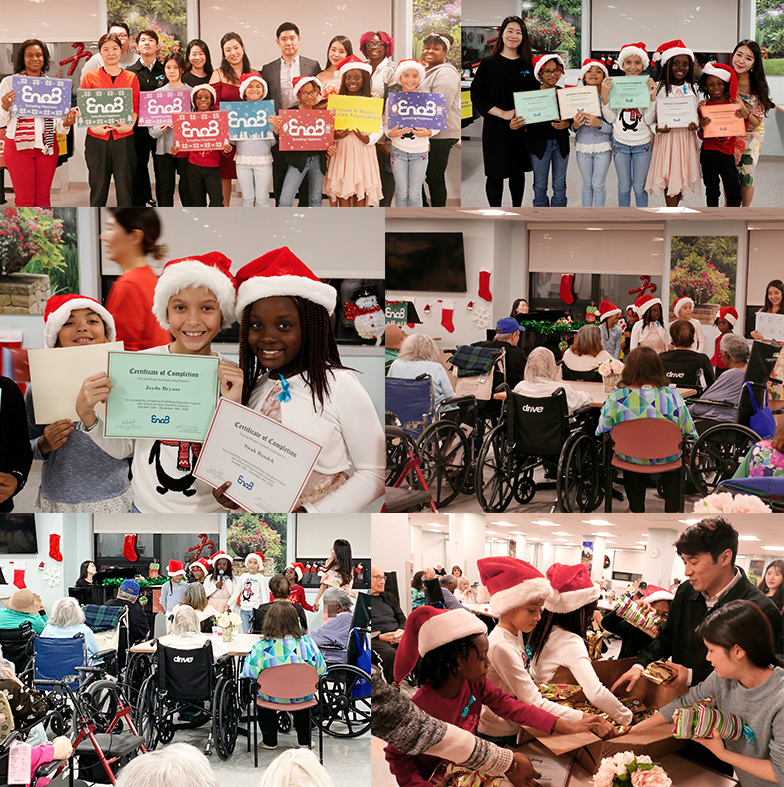

| EnoB New York Office 43-01 21St. Street. Suite #339 Long Island City, NY 11101 Tel: 212-239-4438 Fax: 212-239-4439 Email: happiness@enob.org |
EnoB KOREA Office 302, Deungyong-ro 123, Dongjak-gu, Seoul, Korea 06940 Tel: 02-543-4438 Email: happiness@enob.org |
EnoB CHINA Office Qiaochengdong-Lu, Futian-Qu Shenzhen, Guangdong, China Tel: +82-02-543-4438 Email: happiness@enob.org |

|





